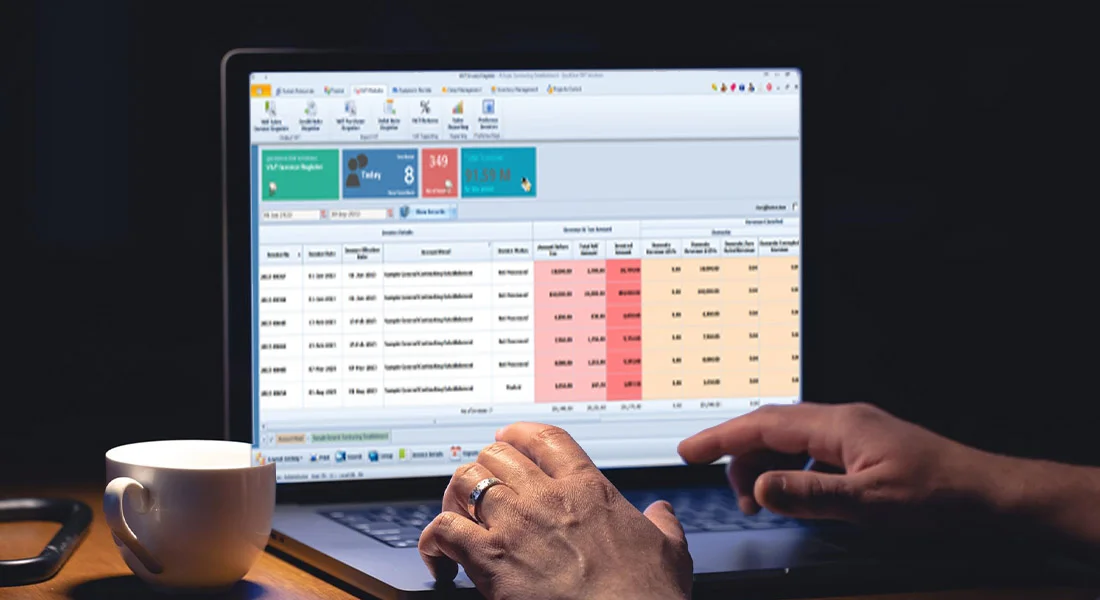

Financial accounting as a concept has greatly changed in the sense that it is regarded as an administrative pillar in current business practices since it is behind the facilitation of transactions. The history of this field can be traced back to many dozens of centuries of trade practices, though presently, it has become one of the most important means of examining financial success, retaining both transparency and corporate governance. The development of accounting has kept in pace with the growth of global markets that are complex and thus businesses need to implement more organized, precise and timely style of reporting under new accounting systems and digital platforms.
With the rise in the complexity of organization requirements in terms of regulation and operations, and accompanying rise in regulation itself, financial accounting requires centrality within risk, performance and decision management. With the involvement of accounting technology, including AI and data analytics, it has completely changed how financial information is downloaded, manipulated, processed, and reported.
Due to the increase in automation and the emergence of smart software in the industry, organizations now need the best accounting software in Saudi Arabia and the world to remain compliant and competitive, which indicates the need to adopt the changes that occur in Saudi Arabia-based accounting software and elsewhere.
Accounting development is closely connected with the trading and industrial development. That which started off as mere entries inside a simple ledger in clay tablets has evolved into a sophisticated system that has international standards including IFRS and GAAP. Although it was initially concerned with keeping financial accounts and the asset-liability balances, financial accounting has emerged to cover complicated financial issues, like taxation, regulatory compliance and financial planning.
Current financial accounting now incorporates a variety of functions such as reporting, auditing, and forecasting taxes as well as internal control systems. The shift indicates how the accounting has changed to reflect the greater demands of the economy and the increase in the complexity of business processes.
Among the main functions of the financial accounting is the method of organizing a system of effective internal controls. These controls assist organisations to be financially accurate, abide by the law, and avoid frauds. Financial accountants are in partnership with the auditors in order to make sure that there is transparency and integrity in business transactions. Effective internal controls are equivalent of defense mechanisms of businesses, protecting the assets and making sure that the business is operating in accordance with industry standards.
Importance of Financial Analysis
Financial accounting is essential in financial analysis because it helps businesses to analyze their performance and strategize in planning. With the help of ratio analysis, variance reports, and KPIs, companies can receive practical instruments to improve the financial conditions in the business.
The basis of analysis is offered by core reports such as income statements, balance sheet, and cash flow statements. These records, which are perfected using the contemporary accounting systems, aids in the determination of budget just like in the mergers and acquisitions. Proper financial information would be vital in decision making in business aligned to their long-term objectives of the business.
Change in financial accounting is mainly brought by the improvement in accounting technology. With AI-driven analytics and big data, the modern accounting systems in use today are fast, precise and predictive. This digital transition has tremendously cut the amount of manual labor as well as enhancing precision in financial records.
Accountants are changing their profession radically with the use of AI algorithms, efficiency through automation is increasing over time, and other repetitive processes like invoicing, payroll, and reconciliation are being automated. This eliminates the element of error in judgment as well as gives the financial professionals time to put their energies into matters of strategy.
The technology available in accounting can also be used in real time decision making. Big data provides businesses with the ability to detect trends, predict revenue, and stream operations in a way that has never been more precise. This transition highlights the fact that financial accounting has increasingly turned into a data-driven strategy.
Frequent Errors
Solutions
Key Challenges
Growth Opportunities
The history of financial accounting demonstrates how it has grown to be a complicated system of accounts that is vital to establish business intelligence and statutory policies. In the development of accounting, it is important that organizations adapt to the modern accounting tools in order to always keep in line with the trend or demands of accounting in regards to finances. Financial accounting has become indispensable when it comes to internal controls, auditing, strategic planning as it ensures long-term sustainability of a business and financial transparency.
As accounting technology finds incorporation, businesses use automated services, AI and data-based intelligence to increase precision and efficiency. In Saudi Arabia, the use of the most appropriate accounting software is a mark of how companies are improving their system to cope with a greater volume of financial complexities. With the increased use of accounting software in Saudi as well as the rest of the world, there is no doubt that its future lies within flexibility, innovation, and security of data.
Comments are closed